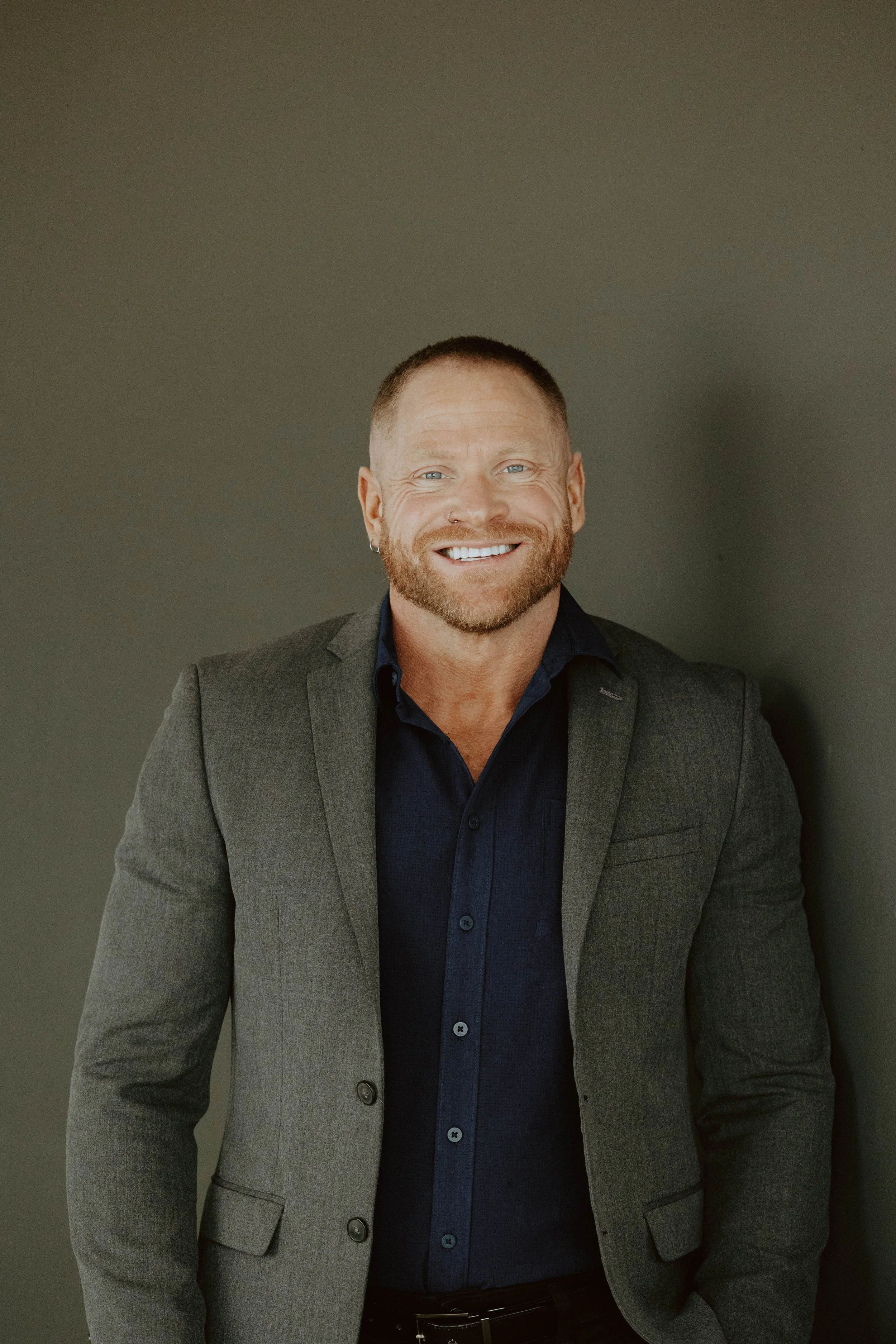What Happens If You Don’t Leave Estate Planning Instructions? (And Why a Ouija Board Won’t Help)
When someone dies without a will in Nebraska, the law—not their loved ones—decides who inherits. That can mean long probate delays, frozen bank accounts, and family conflict that lasts years. This post explains how Nebraska’s intestacy laws work, what documents belong in a complete estate plan, and why a will, powers of attorney, and healthcare directives matter far more than most people realize. Learn how a Nebraska estate planning attorney can help you protect your family and avoid leaving your legacy to chance—or a Ouija board.
Estate Planning Myths in Nebraska: What Taylor Swift’s “Wood” Teaches Us About Real Legal Protections
Taylor Swift’s “Wood” may play with luck and superstition, but when it comes to protecting your future, estate planning isn’t about knocking on wood—it’s about having the right legal documents in place. In Nebraska, myths like “I’m too young for a will” or “the state gets everything if I don’t have one” can leave families unprotected. This post breaks down the most common estate planning myths and explains the real tools—like wills, powers of attorney, and transfer-on-death deeds—that safeguard your wishes at every stage of life.
Want to stay in the loop without checking back every week?
You can subscribe to updates from my blog using RSS. It’s an easy way to get new posts in your favorite app—no social media or email required.
Here’s the link to subscribe:
https://www.zandersonlaw.com/blog?format=rss
You can paste that into a feed reader like Feedly, Inoreader, or even some email clients.
Not sure what RSS is?
It’s kind of like subscribing to a news feed—just for this blog.
You’ll automatically see new articles when they’re posted, without needing to follow or sign up for anything else.
Please note:
The content on this blog is for general informational purposes only and is not legal advice.
Reading it does not create an attorney-client relationship.
For personalized guidance tailored to your specific circumstances,
it's always best to connect with a qualified attorney.


